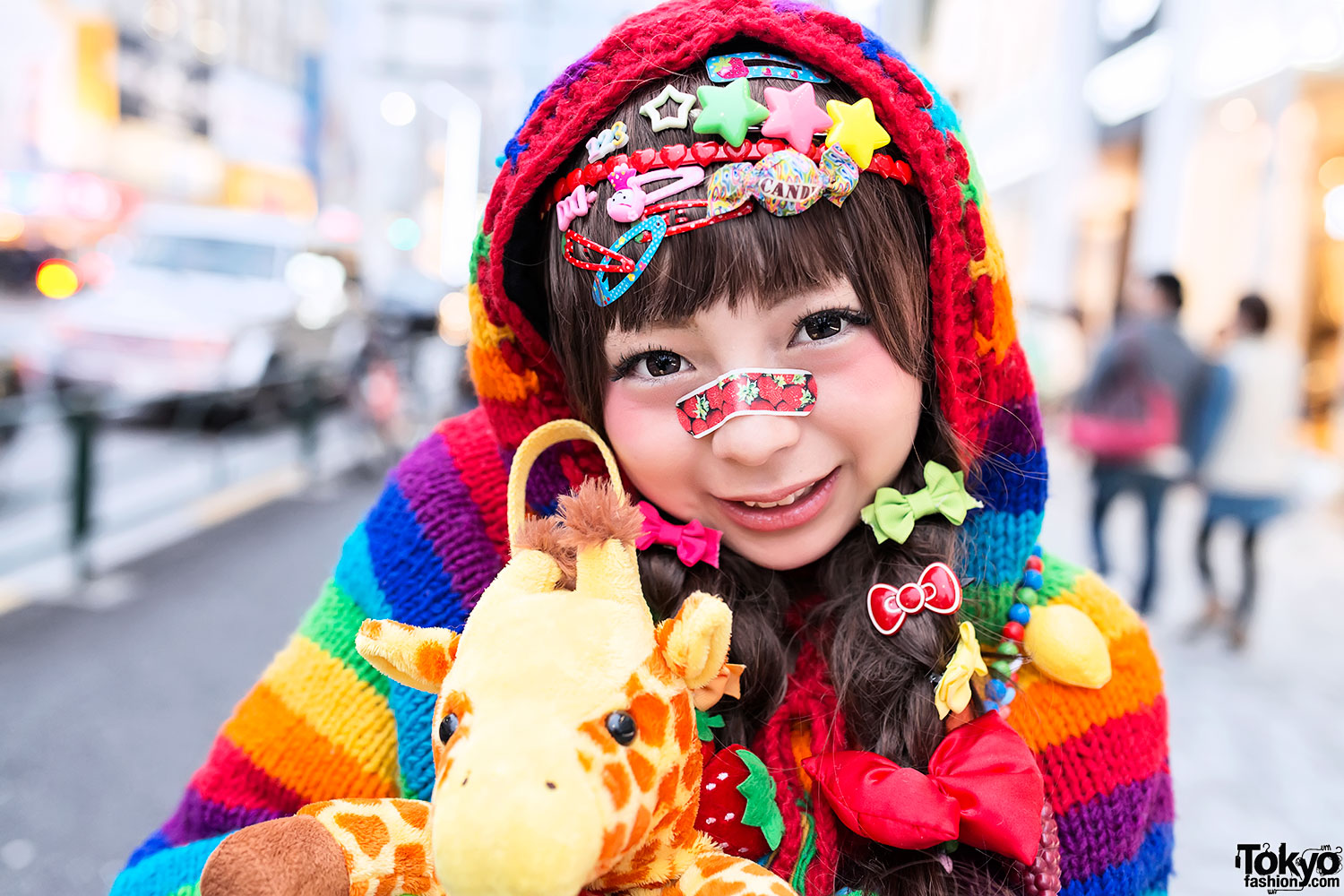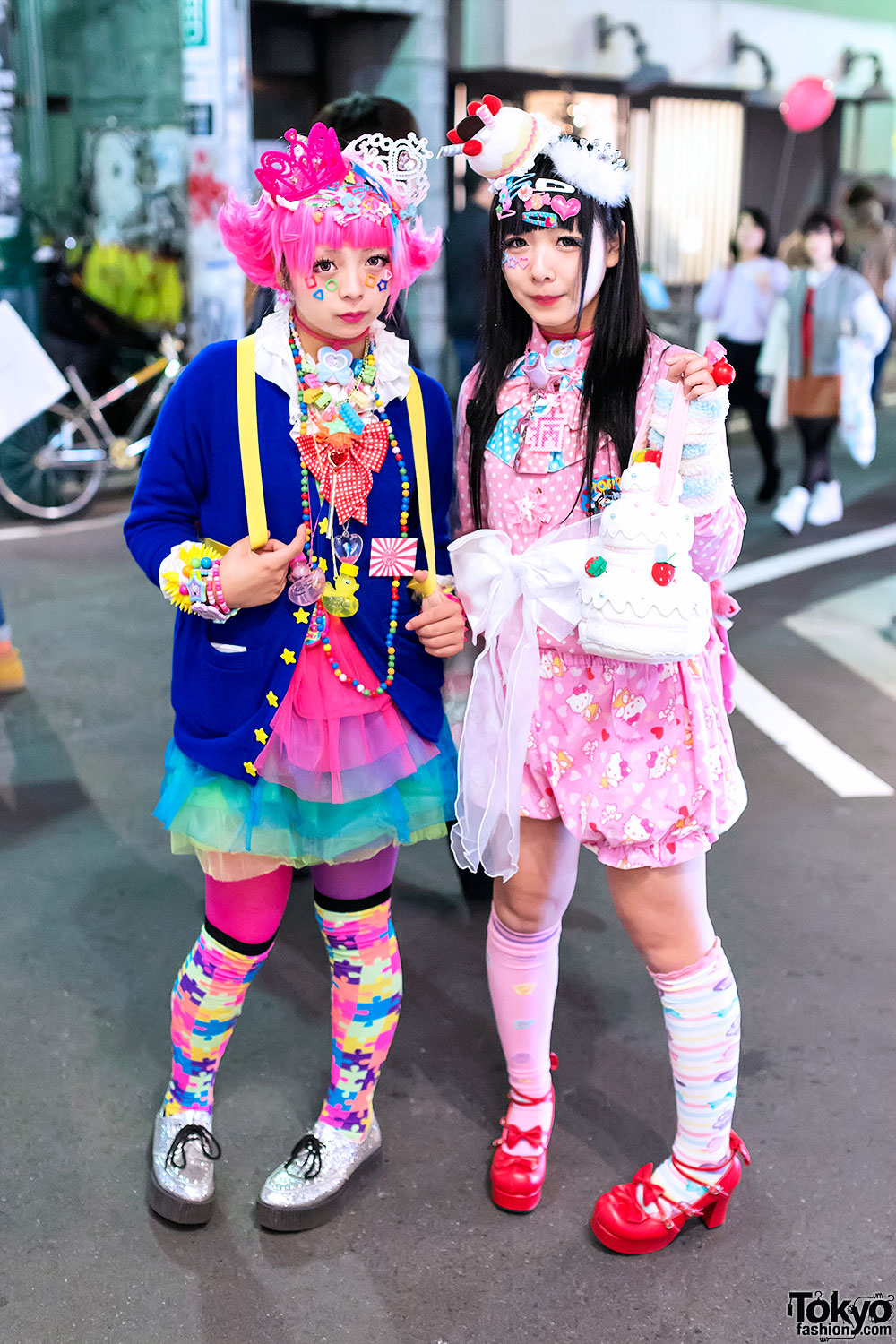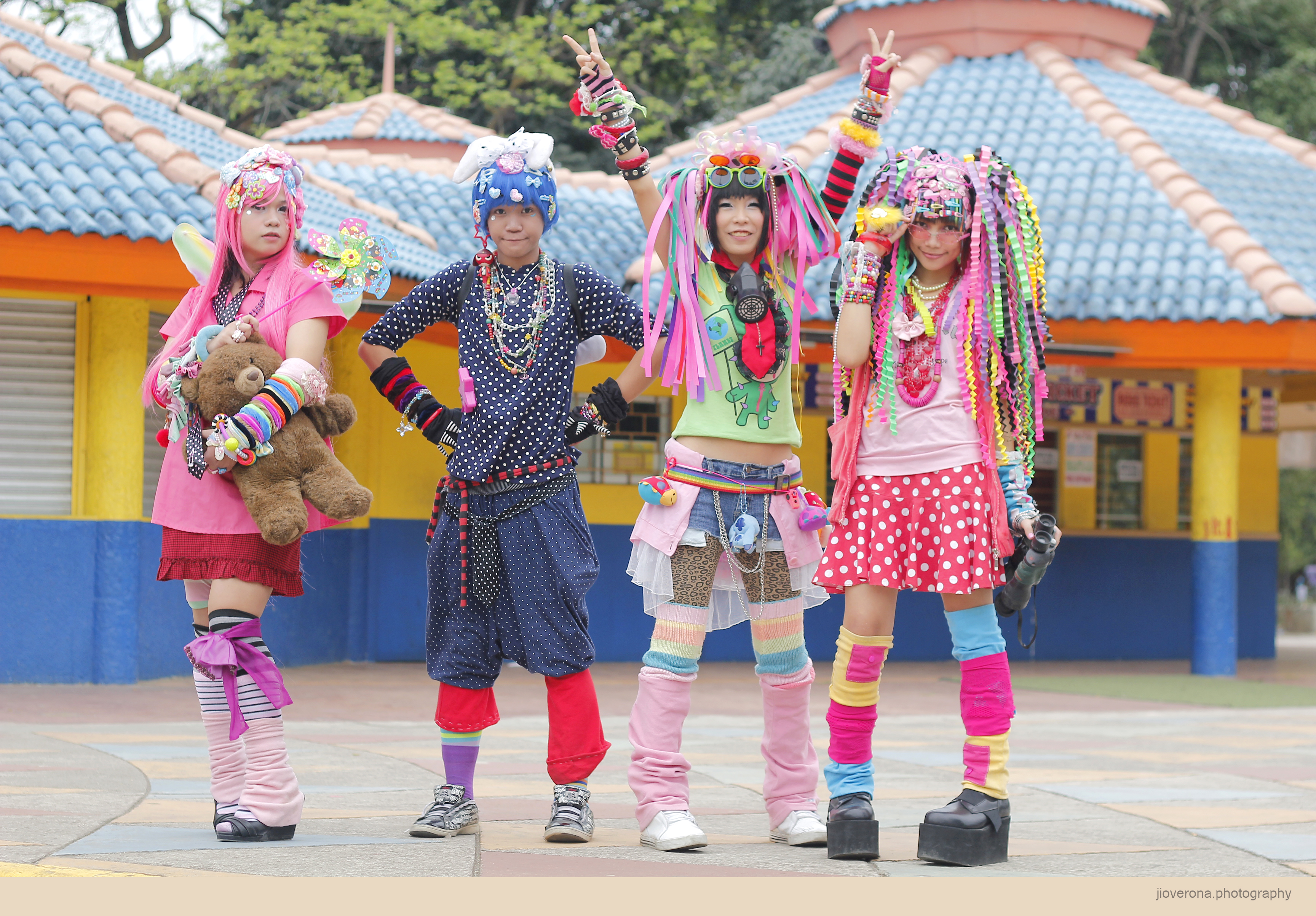Sunday, January 25, 2015
Haute Couture
There is a certain mysteriousness about haute couture, because no one necessarily draws the line between what is haute couture and what is not. Haute couture is defined as an article of clothing made by a famous fashion house specifically for a client, and in french haute couture is translated literally as "high dressmaking." Yet somehow you have to be invited by the "secret" haute couture club to either buy haute couture or be a designer of haute couture clothing. To be a haute couture designer you must also be located in Paris. The title "haute couture" is protected by law in France by Chambre de commerce et d'industrie de Paris. Every year Chambre de commerce et d'industrie de Paris chooses a list of fashion companies each year that can officially be called haute couture. Once you are titled "haute couture" you must follow a set of rules. It sounds harsh, but thankfully these rules are pretty sensible. For example, every season, the haute couture company must present a collection of at least fifty original designs to the public, both day and evening garments, in January and July of each year. Now, if you want to buy haute couture clothing, then you must live in Paris, or at least be extremely rich. In order to purchase the clothing, it is tradition to visit the haute couture shows. Haute couture is a club in polite terms, but to me it sounds more like a clique.
Friday, January 23, 2015
Junya Watanabe: Avant Garde
Japanese avant garde is fascinating to me. The term avant garde in fashion means "New or experimental ideas" and can be very bizarre looking. Avant garde is different from Parisan haute couture because haute couture in fashion means high quality designed pieces of clothing made by famous fashion houses for clients(though it is a little more complicated than this definition if you can believe it), while avant garde are abstract fashion pieces.
Junya Watanabe is a perfect example for creating Japanese avant garde. This designer is one of my favorites because he is so... How do you put it, unique. Although, the word unique is gentle, because his work is truly outlandish. Watanabe is known for his incredible tailoring skills, due to the fact that he trained under Rei Kawakubo who is the head of Comme Des Garcons. Much of his designs make my head spin, and I wonder how in the world did you come up with that?! For one of his 2015 collections he surprised me with the brightest, loudest pieces of clothing I have seen from him. From what it looked like, all of the clothing(if you can call it clothing) was made of overlapping plastic poka dots. Another one of his collections he seemed to combine somehow both tribal and goth, making an interesting collection full of ratty braids and spiked shoes. In 2010 he experimented with draping cloth and made a slightly disturbing scene of alien-looking models. Watanabe's work is hard to describe, but he himself describes his work as "Anti. Anarchy. Army." Whatever that means. No one really knows what his work really is about, which suits him just fine. "You can interpret my work as you wish." Junya Watanabe says.
Junya Watanabe is a perfect example for creating Japanese avant garde. This designer is one of my favorites because he is so... How do you put it, unique. Although, the word unique is gentle, because his work is truly outlandish. Watanabe is known for his incredible tailoring skills, due to the fact that he trained under Rei Kawakubo who is the head of Comme Des Garcons. Much of his designs make my head spin, and I wonder how in the world did you come up with that?! For one of his 2015 collections he surprised me with the brightest, loudest pieces of clothing I have seen from him. From what it looked like, all of the clothing(if you can call it clothing) was made of overlapping plastic poka dots. Another one of his collections he seemed to combine somehow both tribal and goth, making an interesting collection full of ratty braids and spiked shoes. In 2010 he experimented with draping cloth and made a slightly disturbing scene of alien-looking models. Watanabe's work is hard to describe, but he himself describes his work as "Anti. Anarchy. Army." Whatever that means. No one really knows what his work really is about, which suits him just fine. "You can interpret my work as you wish." Junya Watanabe says.
Saturday, January 10, 2015
Japanese Street Fashion: Decora
Decora is one type of Japanese street fashion out of many. Recently this trend has become more and more popular, and is really easy to recognize. Here are some pictures and you will understand why:

As you can see, the Decora style is exuberant. Anything bright and fun is key in dressing Decora, in fact, the brighter, and the more hair clips, the better. Combining noisy patterns with more patterns is something I would never have thought of, and generally thought would result in disaster, yet somehow the Decora look works. Personally I love this style because it is so daring. Okay, yeah I would probably would not dress like this, but there is something refreshing in seeing people dress this way. Maybe a part of why Japan has such dramatic street fashion is because Japan is and island, and does not touch any other country, giving Japan a bit of isolation from the rest of the world's standards.

As you can see, the Decora style is exuberant. Anything bright and fun is key in dressing Decora, in fact, the brighter, and the more hair clips, the better. Combining noisy patterns with more patterns is something I would never have thought of, and generally thought would result in disaster, yet somehow the Decora look works. Personally I love this style because it is so daring. Okay, yeah I would probably would not dress like this, but there is something refreshing in seeing people dress this way. Maybe a part of why Japan has such dramatic street fashion is because Japan is and island, and does not touch any other country, giving Japan a bit of isolation from the rest of the world's standards.
Subscribe to:
Comments (Atom)





